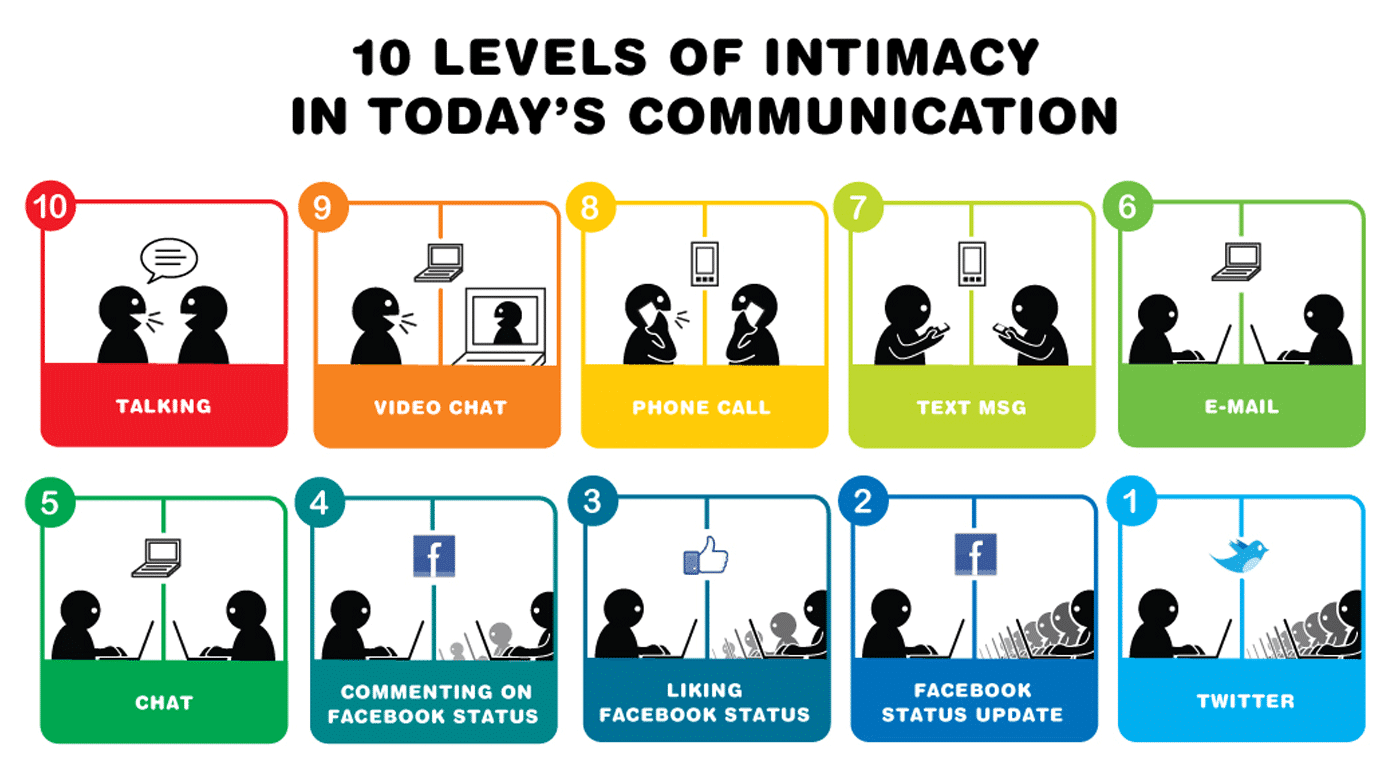This piece is about how to skillfully scaling your business and some lessons learned from this founder’s past experiences.
I’ve watched businesses grow at a handful of companies throughout my career.
First, with Bank of America, I helped open new branches in Chicago in the early 2000s. Then in the mid-2000s, with Kelly Services, a staffing and recruiting company, I took an underperforming Sacramento division and turned it into a successful market by leveraging internal relationships with other divisions. And while at another staffing and recruiting company in the late 2000s, CVPartners, we used relationships and technology—especially social media—to grow.
Scale your business by finding your next investor with Crunchbase Pro – try it free.
But the most educational experience was watching Talent Rover, the staffing and recruiting software company I founded, scaling the business from an idea to a global enterprise with eight offices around the world. It was my first time in the driver’s seat, and for the most part, my team didn’t have much experience with scaling businesses.


We collected our fair share of battle scars, learned plenty of lessons, and developed resilience through frustrations and disappointments. But we came out the other side bigger and better for it. And most importantly, we delivered for our shareholders, clients, and employees.
7 Useful Lessons For Scaling Your Business
These are the most useful lessons I’ve learned about scaling a business:
1. Communication has to be efficient and effective.
It seems like one minute, Talent Rover was a tiny team in San Francisco, trying to build something amazing. Before I knew it, we had offices in London, Sydney, Tokyo, and six other cities around the globe.
Our first real issue (admittedly not the worst one to have) was more interest in the software than we could handle. Clients came in huge waves. And with them, our leadership was being pulled in different directions 24/7 by questions, requests, and demands.
We were trying to keep up with email, texts, phone calls, Slack, GChat, WhatsApp, etc.—it was nuts. We had to streamline company communications somehow, especially when connecting with team members in different cities and timezones. So one major decision was to make video meetings our primary form of communication between offices—which ended up being a big success.
Not only did this centralize communication, but also helped to create trust and chemistry between team members who’d never actually met each other in person. It was awesome to see someone in India chat face-to-face with their coworker in Chicago for the first time. It broke down a lot of walls between people and helped resolve stressful situations more easily, with fewer miscommunications and less frustration.
When your business begins scaling, remember that communication volume will grow, too. Don’t allow a chaotic, decentralized messaging system to manifest. Take the time early on to create a strategy for effective communication at your company.
2. It’s tough to determine when technology does the job, and when you need to hire someone.
As the founder and president, I had to learn to trust tech in a way I hadn’t previously. I was often approached by members of the leadership team requesting to hire additional headcount, often in new roles. It was usually a “What comes first, the chicken or the egg?” conversation. How do we balance employee workload with managing the budget? Technology helped with this.
I wondered: Do we really need to hire a financial analyst, or can we use the software? What about recruiting? In these scenarios, I referred back to the 80/20 rule: If tech can do 80% of what’s needed, it’s worth using. Of course, software is more cost-efficient. But will it do the job well or create problems for my staff?
While answering these questions is tough, the general idea is simple: If the technology available can do what you need, use it for as long as you can. Because staying lean as you are scaling your business is a major benefit.
3. Scaling isn’t about increasing your staff size.
A lot of people measure startups by headcount. They shouldn’t.
While hiring more people may feel like progress, it might just increase costs and create new challenges. When you’re considering adding staff, there’s always a way to evaluate the decision by looking at ROI, KPIs, and other metrics (for instance, revenue per head). You should also consider that rapidly hiring makes it tougher to build great company culture and create the right work-life balance for your employees.


Start off small, get it right, then add staff when the need is clearly justified. Don’t add people just because you can—that’s not the kind of growth you or your investors want.
4. You’re going to make mistakes—and that’s OK. Sometimes.
Some mistakes will sink you, while you can recover from others, and it’s critical to know the difference. So be deliberate about the kind you’re willing to make.
At Talent Rover’s peak, I was making hundreds of decisions a day. These included everything from small decisions to major decisions, like whether or not we would enter a new market. So I became very good at quickly calculating risk-reward scenarios in my head. Of course, I made plenty of mistakes, but they have all calculated pitfalls we could climb out of relatively unscathed.
Whether you have 30 seconds or a few days to make a decision, analyze as much as you can, and map out what happens if your decision is wrong. That way, when you do make a mistake, you already understand the consequences and are better prepared to recover.
5. Big egos can kill your company culture.
From the start, I made it clear that we wouldn’t allow big egos at Talent Rover.
I keep my ego in check and expect my team to do the same. Having a big ego prevents you from taking a step back and realizing that you don’t have all the answers. I encourage my team to be involved in the decision-making process. I credit this aspect of our company culture for how well we collaborate. The ability to collaborate amongst your team members is very important for scaling your business
As a leader, making an effort to show your team you’re in the trenches with them can make a huge difference. I don’t view our staff as “my employees.” We are all in this together and have different roles to fulfill. When I introduce them to people outside the company, I don’t say, “This person works for me,” I say, “This is my colleague, Tom.” (I borrowed this from one of my favorite former business partners, Kent.)
If you keep big egos out of your business, your employees will open up, and both the company and your culture will benefit.
6. Cash is king.
You’re going to have to spend money for scaling your business, but you have to watch every penny.
You have to spend money on the right things at the right time. Ask yourself, “Do we need this right now? What’s the ROI of this expenditure?”
If a costly problem or need arises, you want to have the funds to cover it. A mad scramble to raise an unexpectedly necessary $100,000 can destroy a business.
To avoid finding yourself in this situation, create a realistic financial model that forecasts the next three years. The forecast will change, but it will help you plan, predict and pivot. Don’t make unnecessary purchases with investor cash—save it for when you need it. And again, find ways to measure the ROI of every expense.
7. Listen to your clients.
“We need this—not that.”
“Why doesn’t the product offer this feature?”
“Why would we need this tool?”
These client requests and questions helped steer so much development and company direction at Talent Rover. We built our business around what they told us they needed, not a viable way for scaling a business.


But remember: Clients don’t offer solutions—they tell you what they want your product or service to be able to do. So listen carefully, work to fully understand client wants and needs, and create a product or service that fully meets them.
As you are scaling your business and considering client feedback, always stay true to your vision. Growing and moving away from your mission are two different things. Expand, pivot and recalibrate—but keep your company vision in sight as an unwavering guiding light through it all.
Talent Rover grew at 2800% from 2014 until its acquisition in 2018, and as much as we adapted, we never lost our vision. That’s the hardest, but most important, part of the process and ultimately was key to our success.
Brandon Metcalf is the CEO and managing partner of Blueprint Advisory, CEO and founder of PlaceTechnology and chief strategy officer at ThisWay Global.






